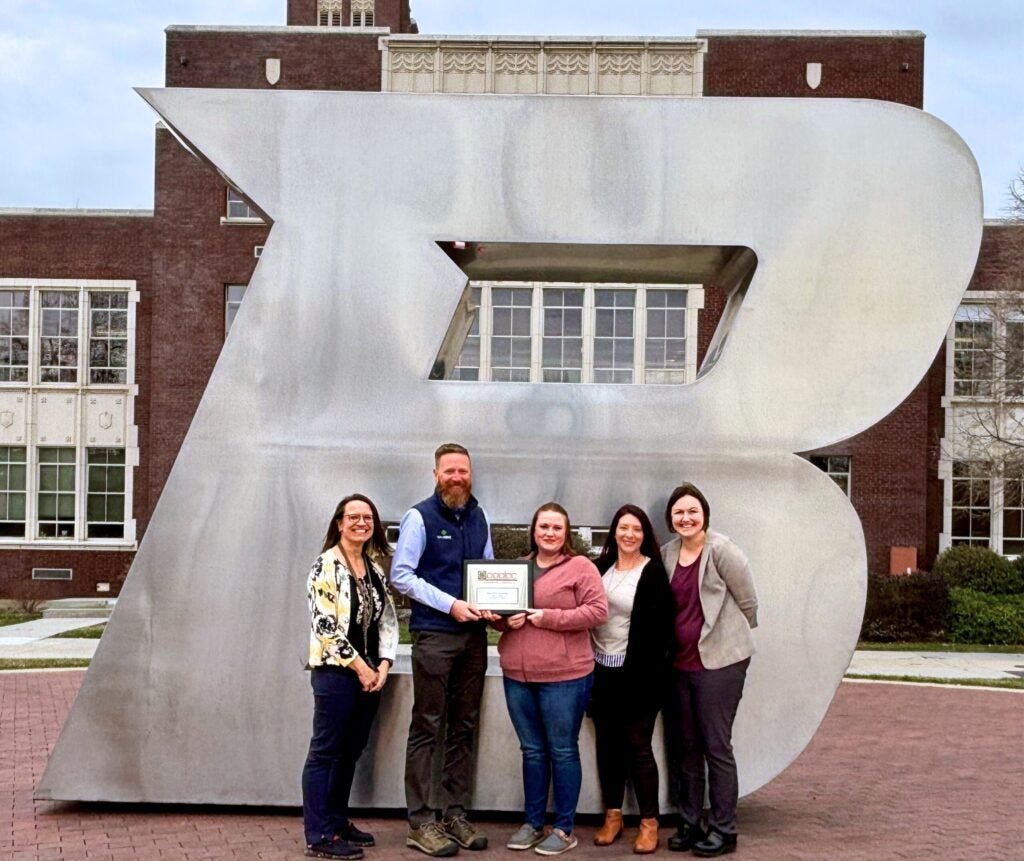
What does it mean?
AAALAC (Association for Assessment and Accreditation of Laboratory Animal Care) International is a private, nonprofit organization that promotes the humane treatment of animals in science through voluntary accreditation and assessment programs.
AAALAC accreditation is often called the “gold standard” for an animal care program. It
demonstrates a willingness to use best practices that go above and beyond the minimum
regulatory requirements , and an effort to reassure the campus community and the public that
Boise State is committed to the responsible care and use of animals in science.
It can also be used as a recruiting tool by assuring potential employees that BSU is dedicated to achieving the highest standards for animal care and use, resulting in enhanced scientific
validity.
By participating in the accreditation program, we are committing to a process that stimulates
continuous improvement. Earning and maintaining accreditation keeps an institution aware of, and engaged in, current best practices.
What does it take to get accreditation?
AAALAC accreditation requires an institution to first perform its own self-evaluation through creation and submission of a Program Description, which outlines the Animal Care and Use Program Management and Oversight, Animal Environment, Housing and Management, Veterinary Care, and the Physical Plant.
Next, a team of highly qualified AAALAC representatives provides an in-depth, confidential, on-site evaluation of the institution’s animal care and use program. This independent peer-review ensures that the institution’s program is meeting AAALAC International standards. The Council on Accreditation makes all final decisions regarding accreditation.
Boise State University’s Animal Care program is honored to receive this prestigious accreditation and remains committed to the responsible care and use of animals in science.